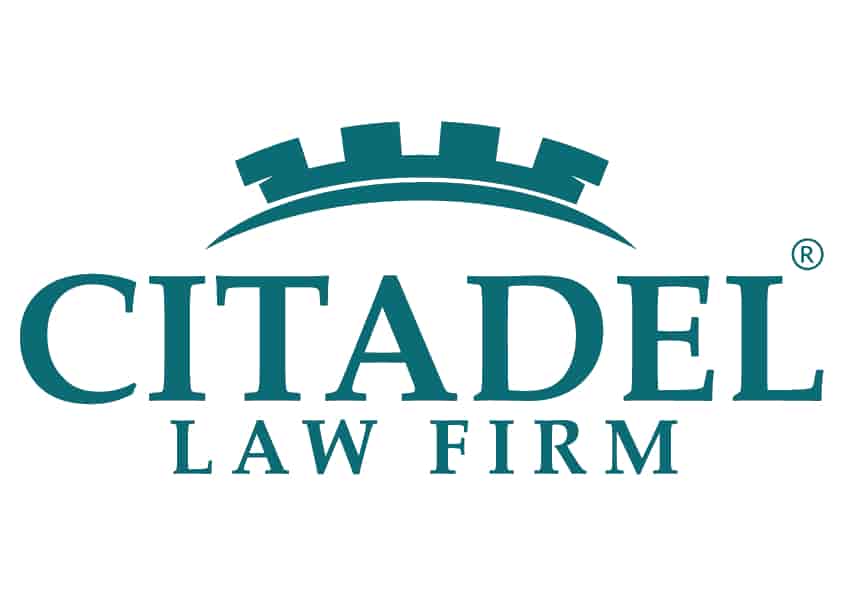Estate Planning is essential for small business owners in Arizona
As a business owner you should consult with an Estate Planning Attorney Chandler to make sure your business and your family are protected
An estate planning attorney specializes in legal and tax strategies for protecting an individual’s or family’s assets while a person is alive and healthy, while a person is alive and unhealthy or incapacitated, and after a person passes away. Read this page to understand why Estate Planning is essential for small business owners in Arizona. We will help you protect yourself, your business and your family, ensuring your business interests are safeguarded.
Broadly speaking, there are two ways to transfer ownership of property from one party to another: court order and private contract. When an individual passes away, the same holds true. The ownership of the deceased person’s property can change hands either by a court order or by a private contract. Most people have heard of a Last Will and Testament, but there is a fair bit of confusion about what a Last Will and Testament does and more importantly what it does not do for a person.
First, what is Probate?
Probate is a legal proceeding that transfers the property of a decedent to new owners by court order. Probate typically costs at least $5,000 and takes an experienced estate planning attorney or probate attorney between 6 months and 1 year to complete. However, in many states a probate for a modest amount of property can cost $30,000 or more and take at least a year to complete. Probate is also a public legal proceeding, meaning almost everything about the case the estate planning attorney files with the court - the decedent, the property, and the new owners of the property - will become a matter of public record searchable by anyone. This means the children of a typical husband and wife couple who relied only on a Last Will and Testament for each can expect to spend at least $10,000 and between 1-2 years in probate court transferring both of their parents' property to the next generation.
Second, what is a Last Will and Testament and how does it relate to Probate?
Our law firm often receives inquiries from prospective clients who want to "do a Will" for a loved one who is near death. We unfortunately must tell them that one cannot "do a Will" for someone else, whether a parent or spouse or friend or other relative. A valid Last Will and Testament is a document, executed only by a person of sound mind, that states the desires of how a person wants property distributed to beneficiaries after the person passes away. After a person passes away, the survivors of the deceased person (often referred to as the "decedent") who relied on a Last Will and Testament instead of an estate plan must open a probate proceeding to administer the property (the "estate") of the decedent. If the decedent owned property in multiple states, it is likely the surviving children will have to hire multiple estate planning lawyers in each state to open multiple probate proceedings in the states other than the decedent's state of legal residence. The Last Will and Testament is submitted to the probate court(s) and becomes evidence in the probate proceeding(s). The probate court(s) will review the decedent's Last Will and Testament to determine the will (or desire) of the decedent and, if deemed valid and admitted by the court, the Last Will and Testament becomes the testimonial of the decedent to the court. Ultimately, the rules of the probate court and opinion of the judge overseeing a proceeding will determine who actually becomes the new owners of a decedent's property. The Last Will and Testament is merely evidence in the probate proceeding.
Is there a better way to plan for aging than relying on a Last Will and Testament?
Fortunately, there is a better way. Engaging an estate planning attorney to work with you to structure an estate plan can avoid probate - and importantly the time, expense, and emotions involved - for a decedent’s children and other surviving family. Business continuity is crucial for business owners, ensuring smooth operations through clear guidelines and succession planning. A properly structured estate plan may include a Last Will and Testament that is part of a much more comprehensive estate planning portfolio that addresses the distribution of property at death, healthcare decisions while alive, access to healthcare information by loved ones, end-of-life decisions, and importantly the management of property while one is alive. An estate planning attorney may employ a living trust to bypass probate altogether for both a husband and wife and distribute a decedent’s property directly to children and other named beneficiaries outside of the probate process.
How is this possible? Earlier in this article we noted that a decedent’s property can pass to new owners in one of two ways: either by court order or private contract. Legally speaking, when an estate planning attorney drafts a living trust for a client, the estate planning attorney is in fact drafting a private legal contract. Yes, under state law, a living trust is a private legal contract. Who are the parties to this private contract (i.e. the living trust)? The parties to the living trust are the trustmaker (who is sometimes also referred to as the grantor, settlor, or trustor) and whomever is serving as the trustee managing the trust. Initially, for a typical living trust, the trustmaker and initial trustee is the same person or people. However, if one or more trustmakers becomes incapacitated or passes away, then the successor trustees named in the living trust assume the role of trustee and follow the rules of the contract (i.e. the living trust).
How else can an estate plan drafted by an estate planning attorney save you money?
Your estate plan in some ways can be thought of like your car. When deciding on what car to purchase, you had a choice of makes, models, colors, options, and prices. Indeed, almost no two cars on a dealer’s lot are identical or have the same prices. And importantly, the more you pay the more options and feathers you have to protect you and your family. But in most cases, no matter what you spend on a properly drafted estate plan that is unique to you and incorporates a living trust, it will likely be much less expensive than the cost of a probate that relies on a Last Will and Testament. Proper estate planning can also help minimize estate taxes, saving your family significant amounts of money.
But just as the safety features and performance you demand from your car will vary over your lifetime, the safety features and performance you require from your living trust and estate plan will likely change over time. Simply downloading templates or inexpensive forms will not do for most people. For example, the young couple with small children, the middle-aged couple with teenage children, and the senior citizen with adult children, will have unique requirements from their living will and estate plan. In addition, the family dynamics within each of these classes will be unique to every family. Some children can take over a business at age 18; other children have dependency problems or special needs issues and may never be good stewards of their parents’ life savings.
An estate planning attorney will work with you to craft an estate plan and living trust that are appropriate for your stage of life and importantly are tailored to the unique requirements of your family dynamics, income, assets, and savings. By doing this an estate planning attorney can also embed in your plan contingency strategies to address long term care (e.g. nursing home) risks you will likely face in the future. In 2019, a typical private room in an Arizona nursing home cost $8,200 per MONTH. A generic Last Will and Testament, powers of attorney, or living trust that does not property address the risks of long term care planning can end up costing your estate everything you have worked and saved for your entire life. However, an estate planning attorney who also considers elder law strategies and asset protection law for you, can draft specific powers into your estate plan and living trust to allow your family to protect assets from the devastating costs of long term care. This money can initially be conserved to enhance your quality of care, if needed, and in future be passed on to your future generations.
Conclusions - Estate and Business Planning for Business Owners
Drafting an estate plan and living trust is a dynamic process between you and your estate planning attorney. Properly managing business assets is crucial in this process. The money spent on an estate plan almost always results in savings for your children and loved ones and can also avoid the emotional pain and frustration associated with probate. Additionally, establishing a buy sell agreement can ensure a fair and orderly transition of ownership. Moreover, a professionally drafted estate plan that incorporates asset protection strategies unique to you, your family dynamics, and your stage in life can result in tens or hundreds of thousands of dollars of savings on long term care costs. For those with a family business, planning for the inheritance and management of business assets by family members is essential. Simply having a Last Will and Testament is not enough. It is also important to consider both personal assets and business assets within your estate plan. The estate planning attorney who practice elder law and asset protection law at Citadel Law Firm in Chandler, Arizona, can help you in this journey. Ensuring a smooth transition of ownership is a key goal of comprehensive estate planning. Effective succession planning addresses the complexities of business value and continuity. Consulting with a tax professional can help minimize tax liabilities and ensure tax efficiency.
Call Citadel Law Firm PLLC today to understand why Estate Planning is essential for small business owners in Arizona. Our Estate Planing Attorney Chandler, AZ will be happy to offer a free consultation to go over the needs of you business and your family. Our business number is (480)565-8020. We are business owners ourselves and we are looking forward to talk to you.


